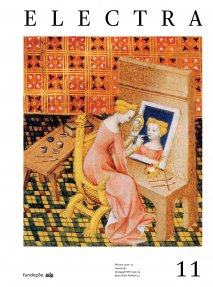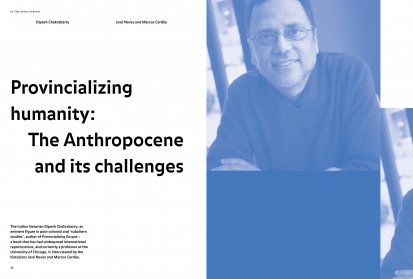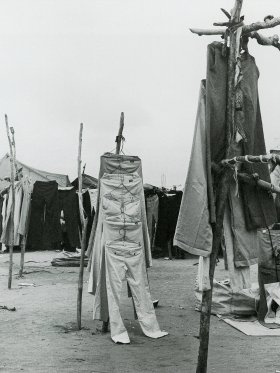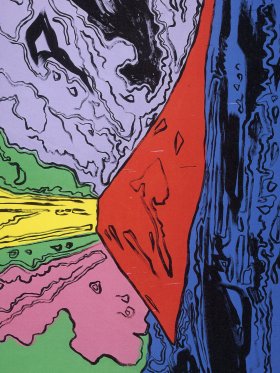Twenty years have passed since the publication of Provincializing Europe: Postcolonial Thought and Historical Difference, which gave academic prominence to the work of the historian Dipesh Chakrabarty. Born in Calcutta in 1948, Chakrabarty obtained his Bachelor’s degree in India and his PhD in Australia, where he taught at university before moving to Chicago in the 1990s.
With the publication of Provincializing Europe, he popularised the idea that the terms used by social sciences to describe the world are inadequate for knowing the world. Even though they assume they can objectivise it, these sciences and their descriptions inevitably adopt a subjective point of view, the effects of which tend to be ignored. One of Chakrabarty’s most famous phrases, which would become a kind of slogan for his work, refers precisely to the fact that the social sciences are both ‘indispensable and inadequate’.
For Chakrabarty, the fact that social sciences ignore the effects of their own subjective perspective was also the result of an epistemic privilege afforded by their Western provenance. The power acquired by the main European forces through the modern and contemporary era allowed the knowledge produced by academic institutions to see itself as the voice of humanity and history itself – and not simply as one among other discourses that compose a plural and diverse world. Colonialism carved its path with gunpowder and on the back of the slave trade as well as through cultural and epistemic domination. As opposed to seeing Europe as an imagined future to which the rest of humanity was destined, Chakrabarty showed that the continent was just one of the world’s many provinces.
Rather than pointing a finger at the Eurocentric visions of the past that had been offered by his colleagues over the history of the discipline, Chakrabarty’s critique in Provincializing Europe posed new questions and challenges. According to his theories – as well as those of other scholars associated with post-colonial studies –, Eurocentrism is more than just a sin that social sciences should avoid if they want to produce better knowledge: it is endemic to those sciences. Even the concepts of ‘society’ and ‘social’ – or ‘humanity’ and human’ – convey particular (instead of universal) forms of identification, codification and interpretation of the real. Far from arising spontaneously anywhere or anytime, they are historical constructs that emerge from a particular context, giving shape to ideas and mentalities that are uncharacteristic of many people living outside of Europe. In short, even though social and human sciences aim to produce universal knowledge, the latter is necessarily particular to Western modernity, and to the time and space in which these sciences emerged.
Following Derrida’s critique of Western metaphysics, and combining Marx and Heidegger’s philosophies in a novel way, Provincializing Europe can be understood first and foremost as the result of the shrewd path Chakrabarty had carefully set. Similarly to other members of the Subaltern Studies collective, it was with his empirical research on India that Chakrabarty was theoretically confronted with the limitations of the discipline – as if non-Western pasts resisted being domesticated by History’s foundational codes and concepts, and from this resistance a problem arose for which there was no other solution but to constantly develop it.
His research on the history of the Bengali working class led him to a series of dead ends, which he tried to tackle in Rethinking Working-Class History: Bengal 1890–1940. That work showed him that History was a discipline with specific origins linked to modern Western thought and that even the more heterodox currents, such as Marxism, were too narrow to interpret both pre-modern European and non-Western pasts.
Pasts such as India’s summoned gods, spirits and natural elements that challenged the secularised interpretation proponed by Western thought. Founded on a division between on the one hand, what belonged to the ‘social’, ‘human’ and ‘real’ and, on the other hand, what belonged to ‘nature’, religiosity’ and ‘myth’, this knowledge revealed itself to be a situated form of knowledge – a culturally-determined way of conceiving, understanding and inhabiting the world, more than a correct way of knowing and interpreting it.
Without completely abandoning these questions, Dipesh Chakrabarty’s attention has more recently turned towards issues of climate change and the Anthropocene. The publication of ‘The Climate of History: Four Theses’, in the journal Critical Inquiry in 2009, and followed by other articles1, started a new chapter in his work, and guides the interview published below.





Share article